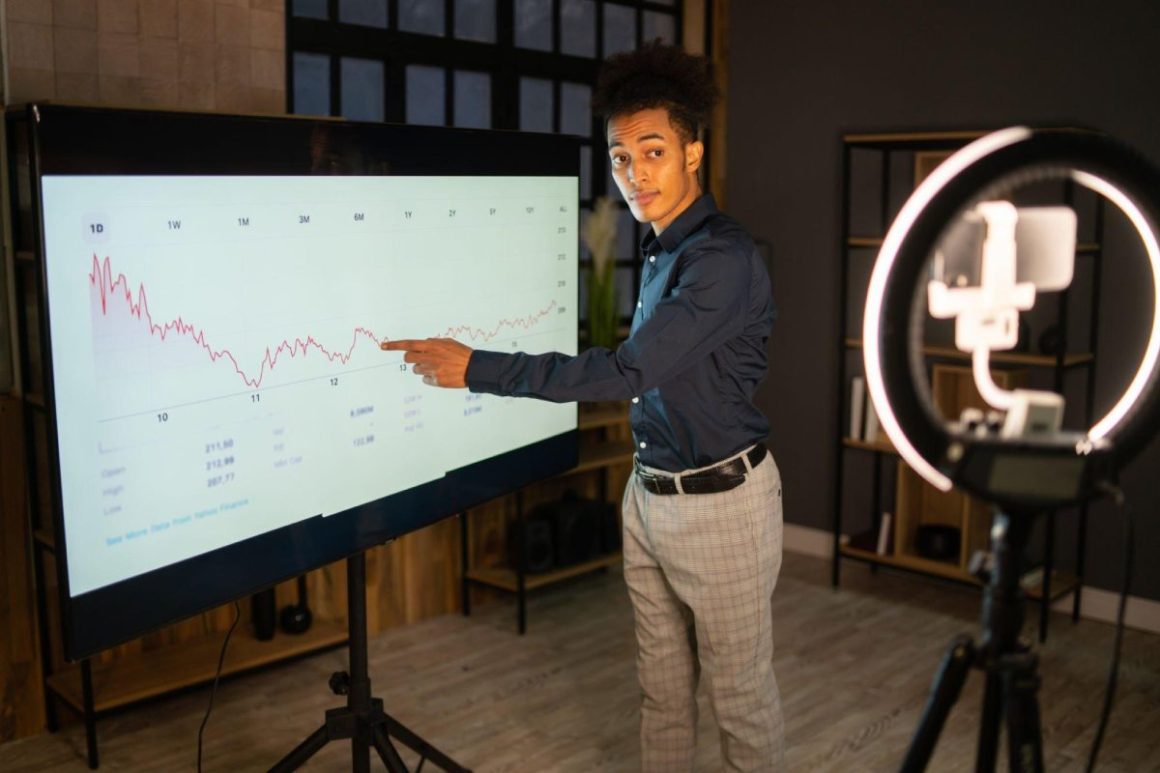Success From Influencer Marketing
In today’s digital landscape, influencer marketing has become an integral part of brand promotion and engagement strategies. Collaborating with influencers allows brands to tap into their followers’ trust and loyalty, leading to increased brand awareness and potentially higher conversions. However, to truly gauge the effectiveness of influencer marketing efforts, measuring success is essential. Here are key strategies to help you accurately assess the impact of your influencer campaigns:
Table of Contents
1. Define Clear Objectives and KPIs
Before diving into an influencer campaign, it’s crucial to define your goals and establish key performance indicators (KPIs). These objectives could range from increasing brand awareness, driving website traffic, boosting sales, or growing your social media following. Defining specific KPIs helps align your campaign with measurable outcomes.
For instance, if your goal is to increase engagement, KPIs might include metrics such as likes, comments, shares, and overall engagement rate. If the focus is on sales, track conversion rates, click-through rates, and revenue generated from the campaign. By setting clear objectives and KPIs, you create a foundation for effective measurement.
2. Monitor Engagement Metrics
Engagement metrics are a fundamental aspect of measuring influencer marketing success. These metrics offer insights into how effectively the influencer content is resonating with the audience. Common engagement metrics include likes, comments, shares, and overall engagement rate (engagement divided by the number of followers).
An increase in engagement signals that the content is capturing the attention and interest of the audience. By comparing the engagement metrics of influencer-generated content with your regular content, you can determine the impact of the influencer’s reach on your brand’s engagement levels.
3. Track Website Traffic and Conversions
Influencer marketing efforts should ideally result in increased website traffic and conversions. Use web analytics tools to track the traffic driven by influencer campaigns, such as the number of clicks, time spent on your website, and the pages visited. By monitoring the traffic patterns, you can identify whether the influencer’s audience is genuinely interested in exploring your brand further.
Furthermore, track conversions attributed to the influencer campaign. Conversions could range from newsletter sign-ups to purchases. By measuring the conversion rate and comparing it to other marketing channels, you can assess the campaign’s effectiveness in driving tangible results.
4. Analyze Social Media Reach and Impressions
One of the primary benefits of influencer marketing is the extended reach it provides through influencers’ followers. Social media reach refers to the total number of unique users who have been exposed to influencer-generated content. Additionally, impressions represent the total number of times the content has been displayed, indicating potential views.
By analyzing these metrics, you can determine the campaign’s reach and assess its potential exposure. Higher reach and impressions imply that the content is being shared across a wide audience, which contributes to brand visibility.
5. Engage a Specialist Agency for Comprehensive Analysis
While you can measure success from influencer marketing campaigns internally, engaging a specialist influencer marketing agency can provide a comprehensive and expert-driven analysis. Influencer marketing agencies have experience in assessing the effectiveness of campaigns across various industries and niches. They possess tools and methodologies to track and measure success accurately.
A specialist agency can help you interpret the data, identify trends, and provide insights on areas of improvement. Their expertise allows you to gain a deeper understanding of the campaign’s impact and optimize future strategies based on data-driven recommendations.
6. Evaluate Return on Investment (ROI)
Evaluating the return on investment (ROI) is a critical step in measuring the financial success of influencer marketing campaigns. ROI is calculated by subtracting the total cost of the campaign (including influencer fees, content production, and any additional expenses) from the total revenue generated from the campaign, then dividing the result by the total cost and multiplying by 100 to get a percentage.
A positive ROI indicates that the campaign generated more revenue than it cost to execute, making it a financially viable endeavor. By comparing the ROI from influencer campaigns with other marketing strategies, you can determine whether your influencer efforts are delivering value for your investment.
7. Analyze Long-Term Effects and Brand Equity
Measuring the long-term effects of influencer marketing goes beyond immediate metrics. Consider monitoring the impact of influencer campaigns on brand equity and awareness over time. Are people mentioning your brand more often? Are you seeing an increase in brand searches or mentions on social media? These indicators can signify the lasting impact of influencer collaborations.
Additionally, observe changes in sentiment towards your brand. Are conversations more positive? Are customers associating your brand with the values and messages conveyed by influencers? Long-term brand health is a key indicator of influencer marketing success, as it indicates that your campaigns are resonating with your target audience and positively influencing their perceptions.
Conclusion
Measuring the success of influencer marketing campaigns is essential to understanding their impact and optimizing future strategies. By defining clear objectives, monitoring engagement metrics, tracking website traffic and conversions, analyzing reach and impressions, and considering the insights of a specialist agency, you can effectively measure the effectiveness of your influencer campaigns.
Remember that the success metrics can vary based on campaign goals and objectives. Ultimately, influencer marketing should contribute to brand awareness, engagement, and conversions, while aligning with your overall marketing strategy. Through careful measurement and analysis, you can refine your approach, maximize the value of influencer collaborations, and drive meaningful results for your brand.


